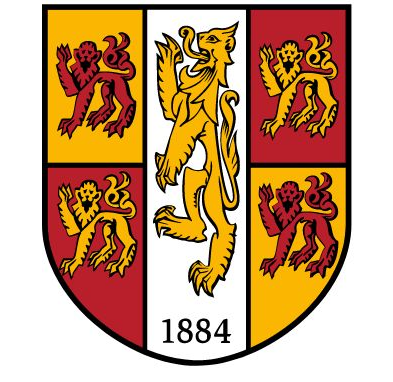

Bangor University
Economics And Finance
Study detals
: Bachelor's degree : BSc (Hons) Economics and Finance : Full time : 48 MonthRequirements
- GCSE Maths at grade C/4 required if not demonstrated by the Level 3 qualification.
Offers are tariff based, 104 - 136 tariff points from a Level 3 qualification* e.g.:
- A Levels: General Studies and Key Skills not normally accepted
- BTEC National Extended Diploma: DMM - DDD
- Cambridge Technical Extended Diploma: DMM - DDD
- International Baccalaureate Diploma: accepted
- Access: pass required
- Welsh Baccalaureate: We will accept this qualification in conjunction with other level 3 qualifications
- T Levels: T Levels in a relevant subject considered on a case-by-case basis
- Extended Project Qualification: Points can include a relevant Extended Project (EPQ) but must include a minimum 2 full A-levels, or equivalent.
- (International Candidates) school leaving qualifications that are equivalent to A levels/Level 3 and/or college diplomas are accepted from countries worldwide (subject to minimum English Language requirements).
Speciality
International year one included
Additional information
Degree Overview
Economics provides us with different ways of thinking about the world and how it functions. It helps us to understand how individuals, businesses and governments do behave; and gives us insights into how they should behave. At one extreme, economics informs the decisions that governments make about some of the most pressing issues of our day, including climate change and inequality. It informs how businesses make decisions about everything from pricing and advertising to investments in product development and corporate strategy. At the other extreme, it can help us as individuals to make better decisions about our own lives; including how hard we should work and how much we should save for our retirements. The study of finance consists of two main branches – financial markets and corporate finance. Corporate finance focuses on the finance function within firms. It is concerned with the raising of capital to fund the creation, development and expansion of businesses. It considers how firms decide which projects or acquisitions to invest in; how to organise the firm’s capital structure in order to fund those investments; and how and when to return capital to investors. Financial markets play a crucial role intermediating between investors who have excess funds and individuals, firms or governments who have a need for those funds. Money markets, bond markets, equity markets and derivatives markets involve different forms of intermediation, based on a variety of financial instruments which distribute risks and returns differently between lenders and borrowers. At Bangor Business School, we have a team of highly qualified and experienced academics with interests in a wide variety of topics in economics and finance; including behavioural finance, corporate finance, regulation, quantitative economics and public finance. Our team is engaged in world class research in economics and finance, and regularly works with policymakers in government, regulators and think-tanks as well as practitioners in the financial sector. They are dedicated to bringing their insights from the worlds of policy, practice and research to help you to develop your knowledge and understanding of economics and finance.
Study Reasons
- Bangor University is world-renowned expert in Banking teaching on this course.
- Bangor University offers 'Careers and Employability Fair' which is held every year and provides an opportunity for students to meet recruiters and learn more about post-graduation employment opportunity.